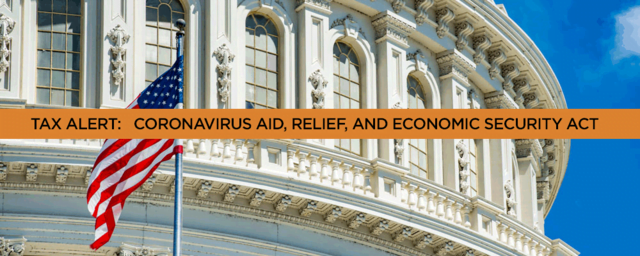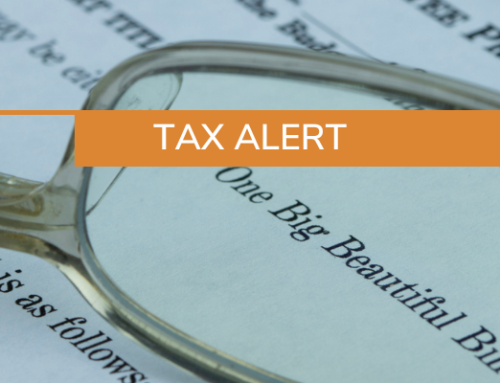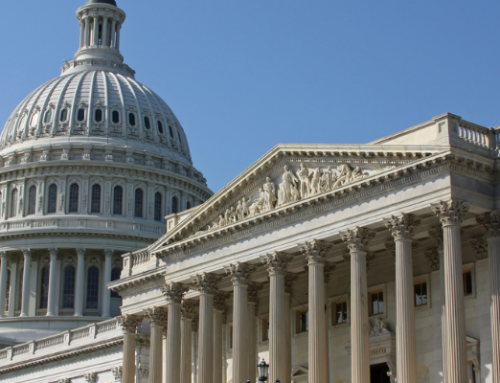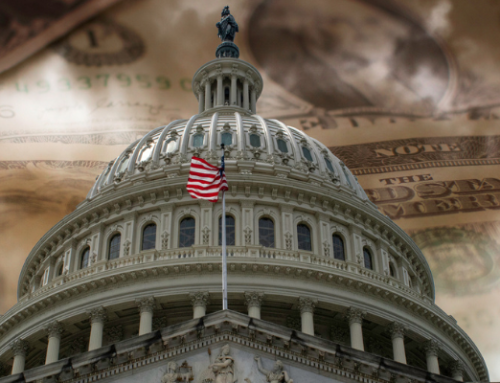A central tenet of the CARES Act is providing immediate relief to individuals struggling as a result of the coronavirus epidemic. Approximately 25% of the record-breaking $2.2 Trillion bill is directed to individuals to help them remain engaged in the economy over the next several weeks.
Expanded Unemployment
The CARES Act creates several incentives for companies to keep workers on the payroll, such as Forgivable Small Business Loans and Employee Retention Credits. But for those who find themselves laid off, furloughed, or unpaid because their workplace is closed, the CARES Act significantly expands unemployment benefits.
Significant changes include:
- The expansion of unemployment to cover self-employed, independent contractors, gig workers, those without sufficient work history, and those seeking part-time work if COVID-19 has negatively impacted the individual’s employment
- And additional payment, on top of state-provided unemployment, of up to $600 per week for each recipient of unemployment for up to four months
- An additional 13 weeks of state unemployment availability, for those individuals for whom unemployment extends past typical state unemployment limits
- Comparable changes to, federally-administered, railroad unemployment
Recovery Rebates
Many Americans will be receiving checks, or direct deposits, from the federal government in the coming weeks. The CARES Act approved “recovery rebates” for taxpayers equal to $1,200 for single filers, $2,400 for married filers, and $500 for each eligible child.
Taxpayers begin to phase out at a rate of $5 for every $100 of adjusted gross income (“AGI”) over the threshold amounts in the bill. Thresholds provided are $75,000 for single filers, $150,000 for married filers, and $112,500 for head of household filers. AGI numbers will be pulled from 2019 tax returns if they’ve been filed, or 2018 if they have not.
What’s interesting about this recovery rebate is that it is an advance of a 2020 tax year credit. If you phase out based on 2019 AGI but your 2020 AGI decreases, you have a chance to get the credit back when you file your 2020 return.
New “Above-the-Line” Deduction for Charitable Contributions up to $300 and Removal of Charitable Contribution Limitation
Typically, only those who itemize deductions, not claim the standard deduction, receive a benefit for charitable contributions. The CARES Act allows, for 2020 only, up to a $300 “above-the-line” deduction for cash donations to 501(c)(3) organizations – that’s a deduction everyone can take, regardless of whether they itemize or claim the standard deduction.
Additionally, for those who do itemize deductions, there is no limit to the charitable contributions you make in 2020. Typically, you can only offset up to 60% of your AGI with charitable contributions but that is temporarily waived.
Special Uses for Retirement Funds
No one hopes to pull funds from their retirement accounts before they planned, but Congress realizes there are emergencies where it may be necessary. Generally, aside from a few permanent exceptions, if you pull money out of a qualified retirement plan before age 59 ½ you’ll be hit with a 10% penalty on all withdrawals in addition to the income tax liability.
The CARES Act waives the 10% penalty on withdrawals of up to $100,000 for those negatively affected by the COVID-19 pandemic. In addition, the income tax liability from the withdrawals may be spread over a three year period. Taxpayers may also choose to avoid any income tax liability by recontributing the distribution taken within three years of receipt.
No Required Minimum Distributions
The CARES Act suspends the need to take required minimum distributions (“RMDs”) for the 2020 tax year. This will allow those who don’t need to take a distribution to leave their money in their portfolios, in hopes of a market recovery in late 2020.
Student Loan Relief
Government held student loan borrowers are allowed to suspend payments with no interest accrual through September 30, 2020. The deferment isn’t automatic; borrowers must contact their lenders and request the suspension.
For those borrowers on Public Service Loan Forgiveness programs, the skipped months of payments will count toward the required 120 monthly payments.
Mortgage Loan Relief
Homeowners are allowed to suspend payments on federally backed mortgages for up to 180 days; this benefit can be extended for an additional 180 days, if required. Homeowners are required to contact their lender to request relief. No additional fees can be applied; however, regularly scheduled interest can accrue. Additionally, a lender of a federally backed mortgage loan may not initiate a foreclosure or evict occupants for at least 60 day’s following March 18th, 2020.





